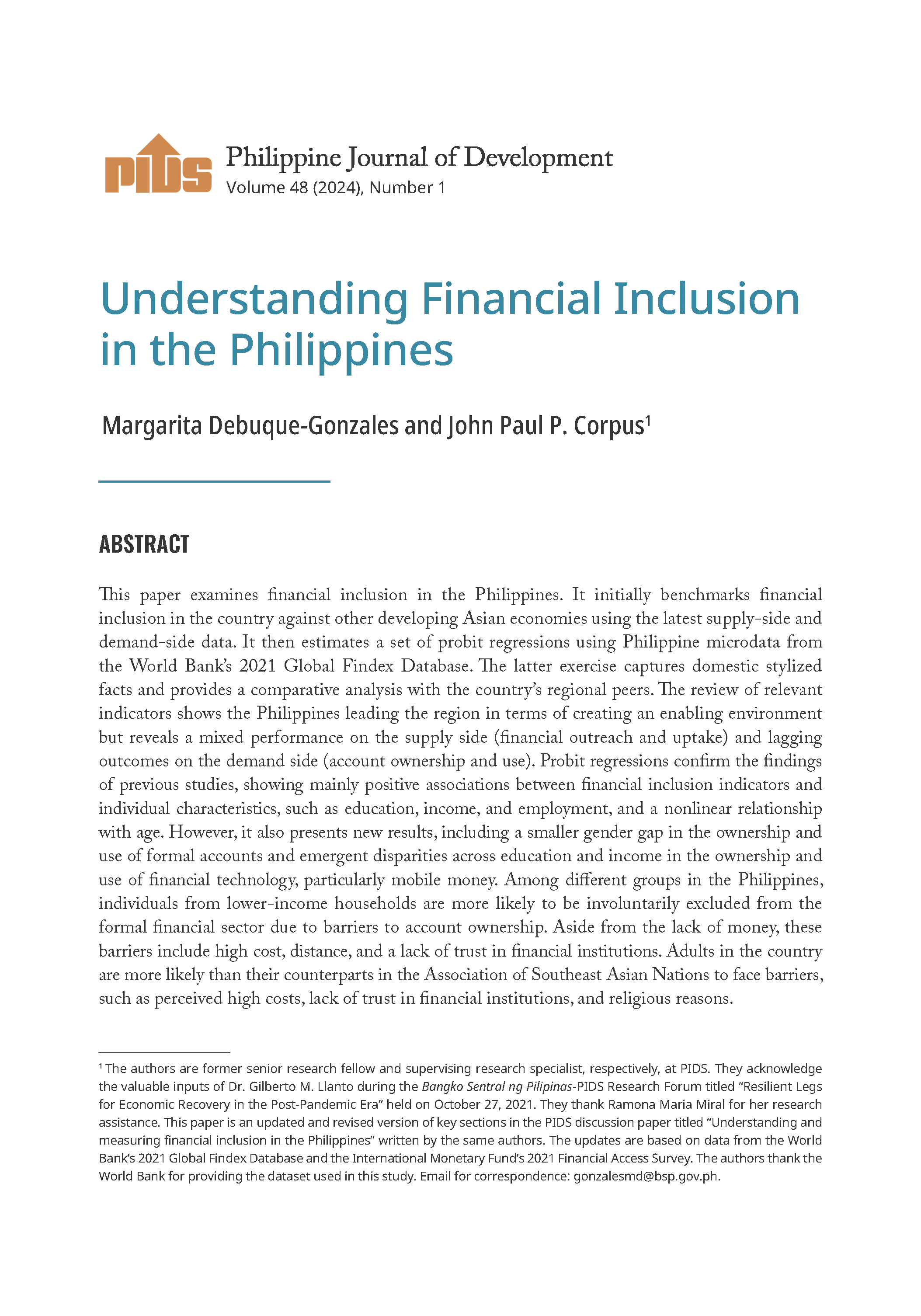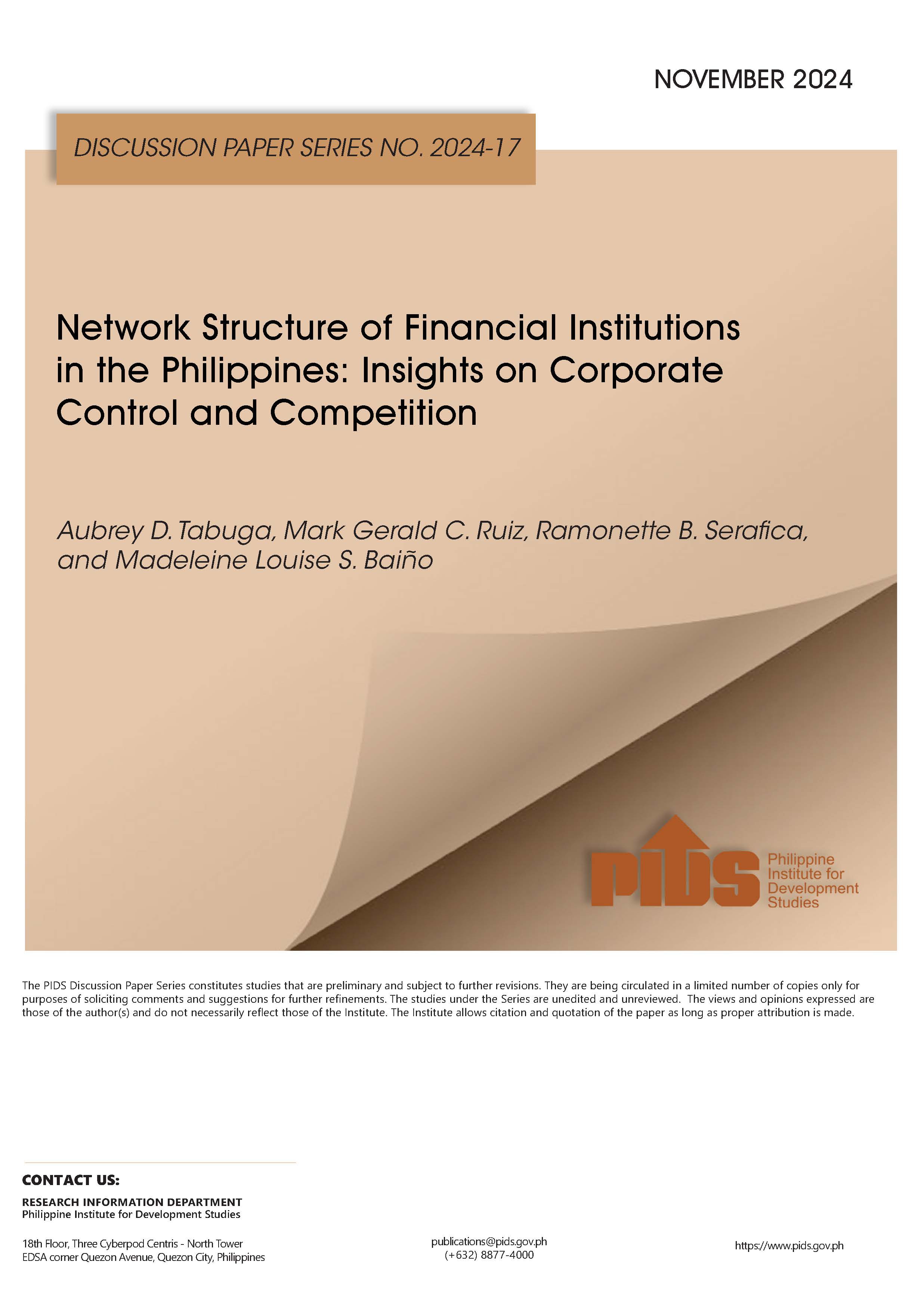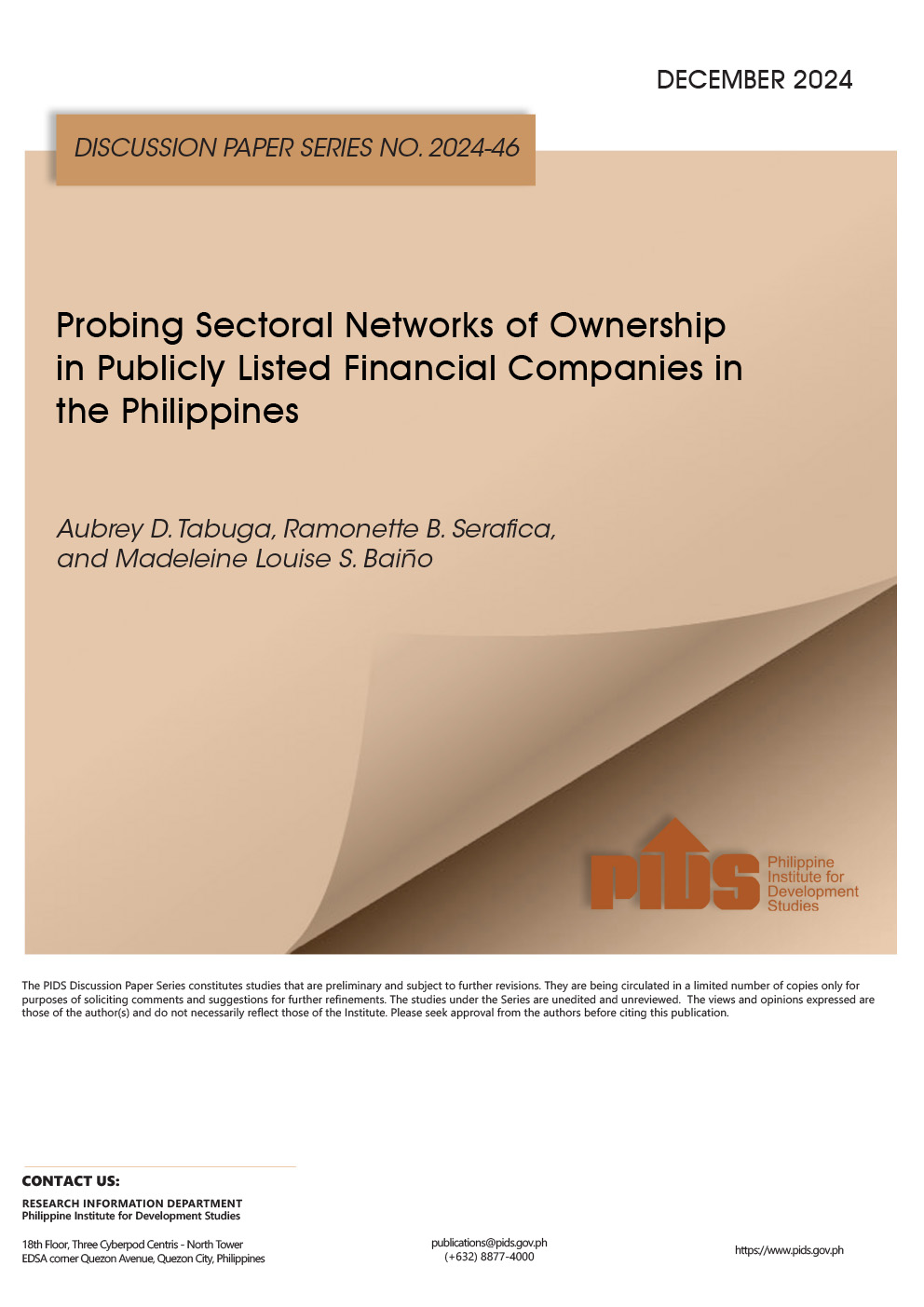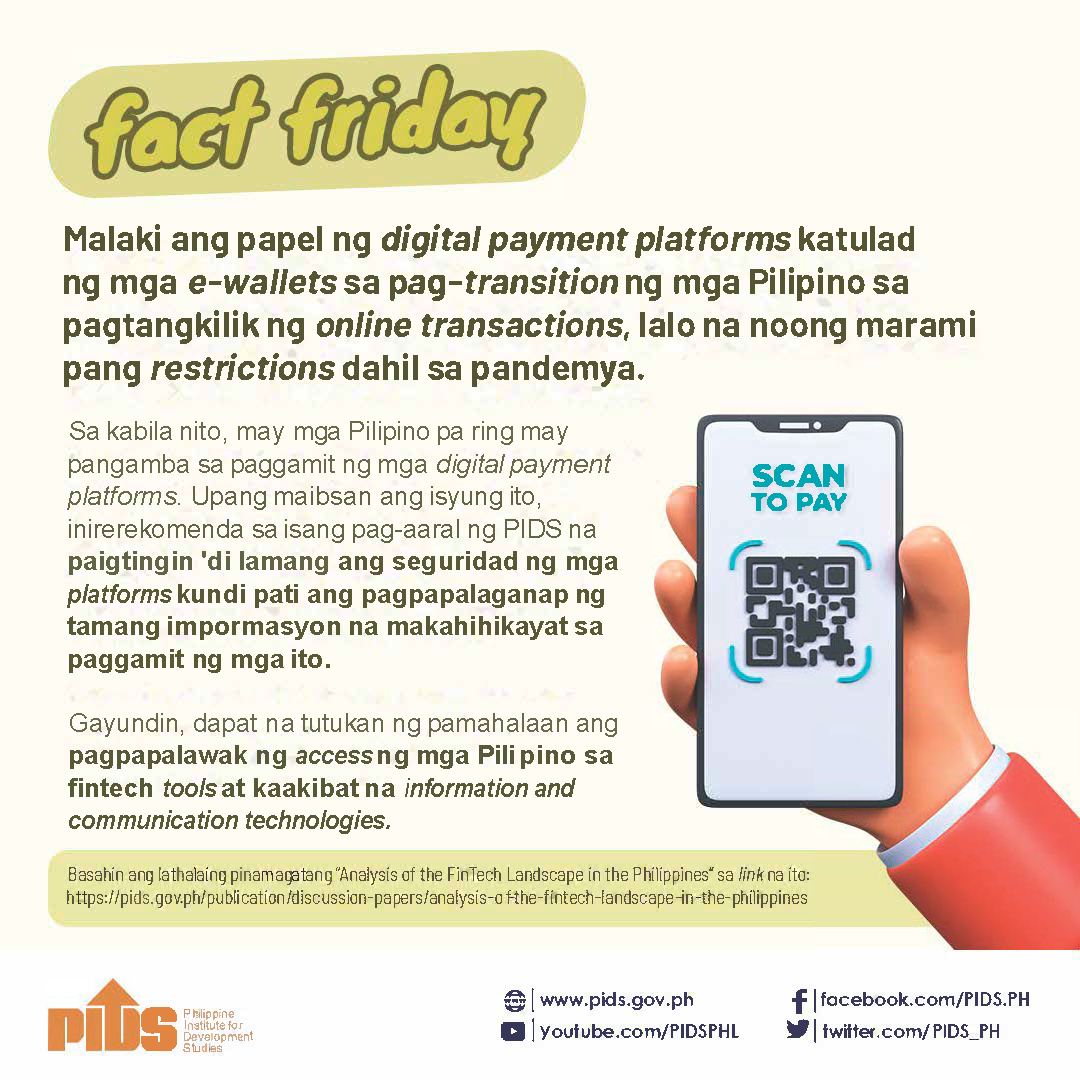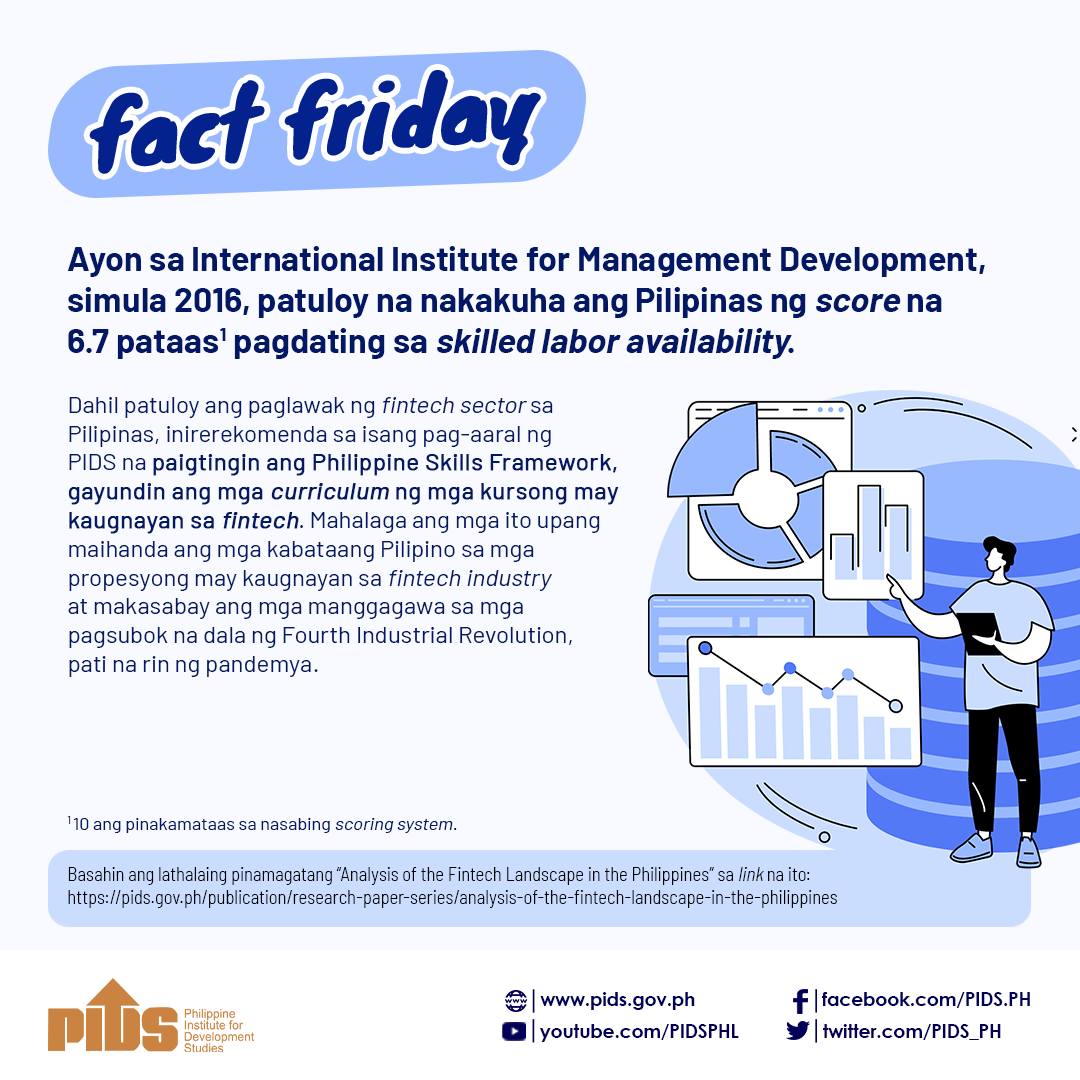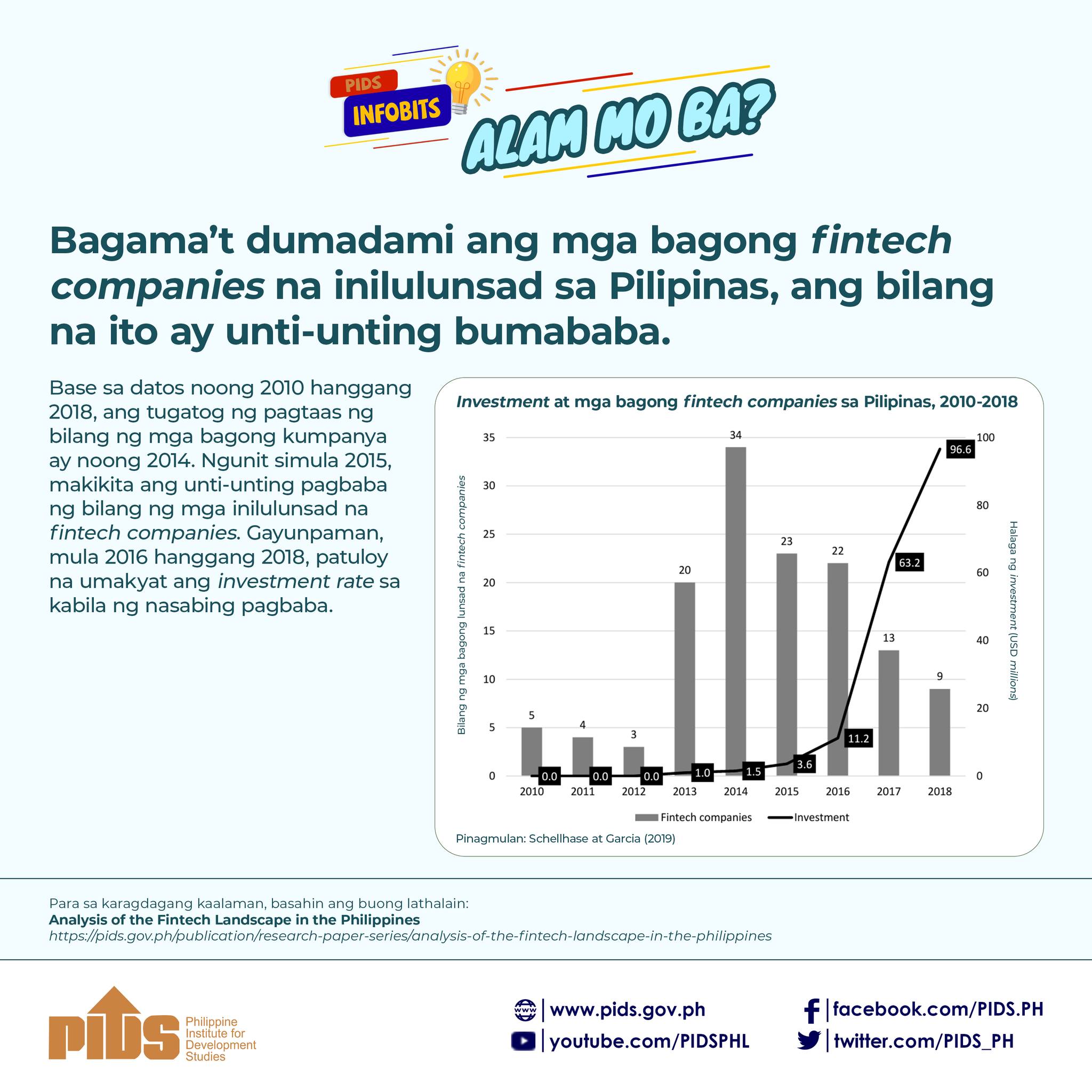Backed by a fresh capital of approximately P175 million, Filipino-owned financial technology firm BayaniPay has launched new services to widen its international footprint to enable more overseas Filipino workers (OFW) to seamlessly invest in the Philippines.
At a media briefing on Thursday, BayaniPay CEO Winston Damarillo said the company will launch this month the Bayani GlobalPay, an embedded banking service designed to allow businesses and major billing entities to reach their customers on a global scale.
Damarillo noted that expanding its services globally will also support its goal of capping the year with roughly P11.7 billion in payments processed.
“Selling is the easy part for us, but what we want to focus on is what’s called customer success. We want to make sure that people that use our product can use it successfully,” Damarillo said.
“We want Filipinos to invest in their long-term future towards their retirement in real estate back in the Philippines. Real estate is just one. I think we can expand that to other areas where global Filipinos can continue to invest back home,” he added.
Tedious processes removed
The Bayani GlobalPay features two embedded banking solutions: GlobalPay, a white-label service that provides non-financial institutions with a custom payment platform, and GlobalPay Express, an all-in-one payment portal for payment management.
Institutions may choose between these two solutions based on their needs and requirements.
Bayani GlobalPay utilizes payment gateways and payment automation technologies to reduce manual processes and provide seamless management and tracking of domestic and international payments.
The new service allows payment methods including debit and credit cards, e-wallet, direct debit, as well as QRPH, which eliminates the need for a bank account to be able to pay or send money.
BayaniPay aims to augment the economic impact of cross-border direct payments by making it frictionless and cost-effective, which helps Filipinos overseas save on fees and add more pesos to every dollar they send.
Data from the Philippine Institute for Development Studies showed that personal remittances totaling $37.2 billion accounted for 8.5 percent of the Philippine national economic growth in 2023.

